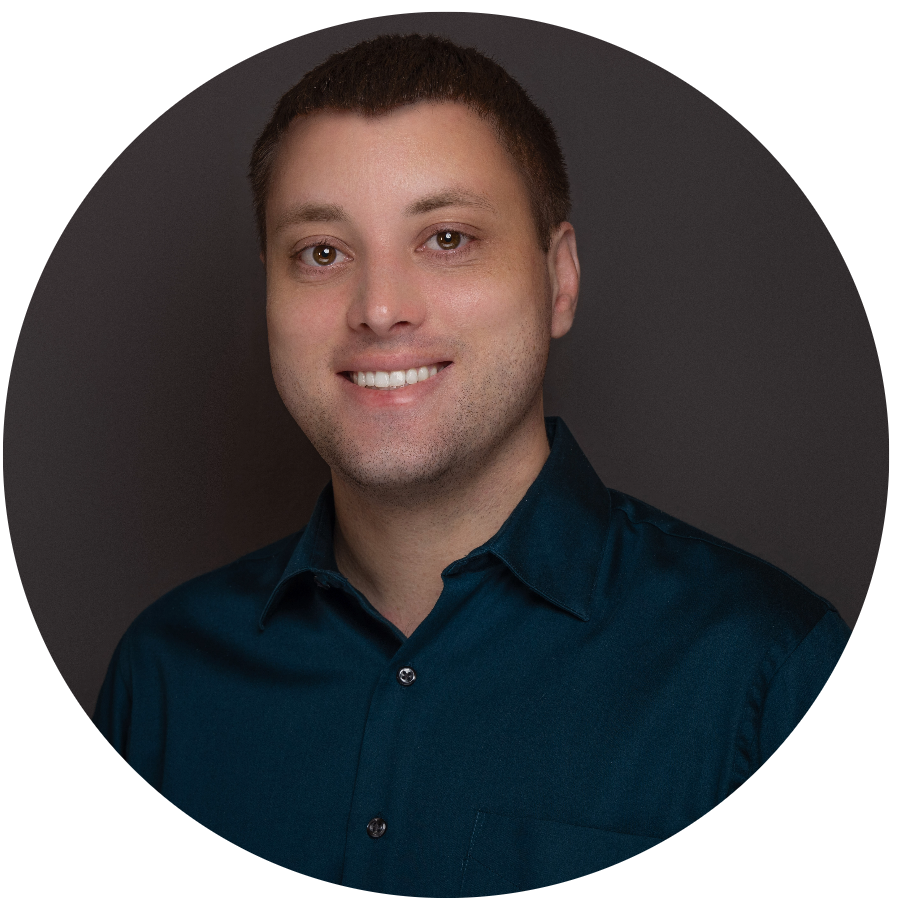Embracing Change: Jason Clouse's Career Pivot into Engineering

When Jason Clouse (MS ’22) made the decision to change career paths, he felt a combination of fear and excitement. For years, he’d studied and worked in finance but came to discover that it didn’t fulfill his passion. He began looking for a program that could help him to transition into a civil engineering career—without having to start over completely.
“I really enjoy math and physics, so I knew that civil engineering would be a good fit for me,” he says. Clouse began searching online and found that the CEE Master’s program at CMU had fundamentals classes designed for students who hadn’t studied engineering as undergrads—allowing him to dive into the program in a more streamlined manner.
As a student, Clouse worked closely with his advisor, professor Irving Oppenheim, to choose classes best suited to his goals. “I was originally looking at structural engineering and bridge design. My advisor recommended coursework in soil mechanics and geotechnical engineering.” Clouse enjoyed them both so much that he ended up focusing on those areas.
Through his geotechnical engineering teacher, Professor Tom Leech, Clouse was connected to Menard—where he works today.
As a field engineer at Menard, a design-build specialty contractor offering ground improvement for sites with problematic soil conditions, Clouse oversees quality assurance work in the field. “My role is to connect the operations teams and the office teams. When our company performs work, I make sure that the final product matches expectations.” He also tracks production records, liaisons between operations and design, and works with project managers to hit production targets.
“The CEE program at CMU, and in particular my professors and advisors, opened my eyes to a career path I hadn’t even considered prior to my enrollment.”
 Clouse uses soil mechanics and geotechnical engineering skills gained at CEE in his current job. He also relies on the fundamentals from his structural classes when viewing technical details such as loading on structural documents.
Clouse uses soil mechanics and geotechnical engineering skills gained at CEE in his current job. He also relies on the fundamentals from his structural classes when viewing technical details such as loading on structural documents.
He explains that the problem-solving skills honed at CEE are invaluable when problems arise. “I was working on a project locally in Pittsburgh and we found there was a sewer line running right through the site. We couldn’t move it in time for the project to keep going forward. So we created a work-around, changed the design, and worked around the existing sewer line to complete the project on time.”
Looking back on his decision to switch careers, Clouse says that trusting his instincts helped him to find a path to success in engineering. “In my first career, I didn’t feel fulfilled, so I acted on it. I had to believe that I could make that transition. My advice for anyone considering such a transition in their career is to realize that decisions made at 18 years old don’t have to define the remainder of your life. We all have the capability to redefine ourselves and make strides to end up someplace where we are happy.”
He adds that the support he received from professors and fellow classmates along the way reinforced his choice.“The CEE program at CMU, and in particular my professors and advisors, opened my eyes to a career path I hadn’t even considered prior to my enrollment.”